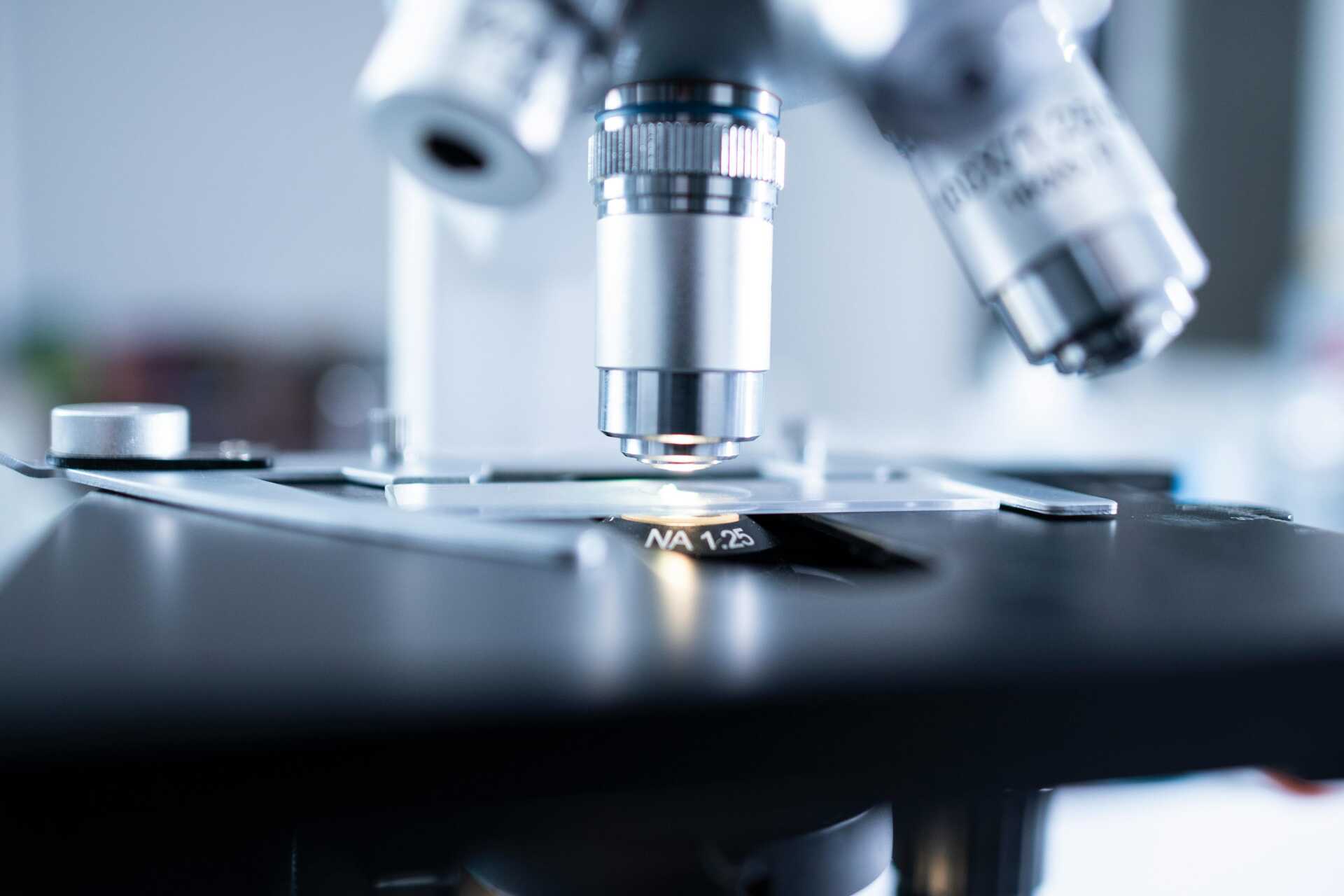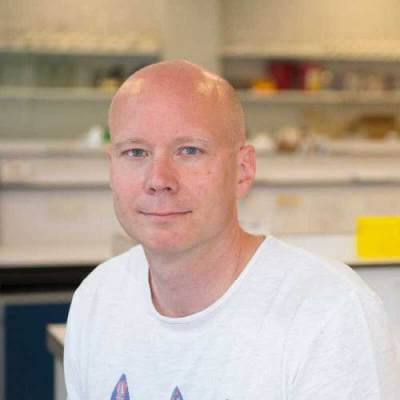The award (active until March 2026) provides strategic locally administered funding to flexibly support translational research projects led by academic staff, but which can also involve research staff and students. Kent's BBSRC IAA welcomes industry and third sector collaborations.
If you are a member of Kent staff, you can find out more about our IAA strategy, upcoming funding rounds, and view the application form and eligibility criteria on our intranet.
We are using the BBSRC IAA to build on our strong foundations in applying biosciences research to benefit our industrial partners, improve patient outcomes, and generate new solutions to environmental and societal problems.
Current opportunities
There are currently no open funding rounds.
Visit our page for staff or contact bbsrciaa@kent.ac.uk for further information.
Previous strategic funding
| Lead | School | Project |
| Dr Robert Barker | Chemistry and Forensic Science | Establishment of a Kent Mycoprotein Hub. |
| Professor Alessia Buscaino | Biosciences | Establishment of a Kent Mycoprotein Hub. |
| Dr Peter Ellis | Biosciences | Development of chromosome translocations screening services to detect chromosome rearrangements in cattle and horses. |
| Professor Darren Griffin | Biosciences | Development of sperm DNA screening services in cattle and horses. |
| Professor Dan Mulvihill | Biosciences | Functionalisation of Recombinant Vesicles. |
| Lead | School | Project |
| Dr David Beal | School of Biosciences | Development of targeted antifungal agents. |
| Dr Helen Cockerton* | School of Biosciences | Exploiting anticancer hops. |
| Dr Peter Ellis | School of Biosciences | Developing microfluidic methods of sperm separation for laboratory mouse IVF. |
| Dr Marina Ezcurra | School of Biosciences | Upcycling viticultural waste –increased sustainability and new health-promoting foods. |
| Professor Tobias von der Haar | School of Biosciences | Adhesion peptide hydrogels for microbiome and infectious disease modelling. |
| Professor Jennifer Hiscock | School of Chemistry and Forensic Science | TSAM prototype development. |
| Professor Jennifer Hiscock | School of Chemistry and Forensic Science | Accelerating the development of drug molecules from laboratory to the clinic. |
| Dr Michael Hughes | School of Physics and Astronomy | Feasibility of commercialisation of an imaging tool for agriculture. |
| Professor Martin Michaelis | School of Biosciences | Advancing Miyabeacin Towards Cancer Therapy. |
| Dr Ortega Roldan | School of Biosciences | Development of high-throughput technology to monitor antimicrobial uptake. |
| Dr Emma Veale | School of Pharmacy | Screening, identification, and validation of novel toxin-based molecules isolated from scorpion venom with therapeutic potential, targeting potassium ion channels. |
* Funding round harmonised with the Medical Research Council IAAs.
| Lead | School | Project |
| Dr Marta Farre-Belmonte* | Biosciences | Sequence-based detection of chromosome rearrangement in boars. |
| Dr Helen Cockerton | Biosciences | Rapid evolution individuals for crop modification. |
| Dr Marina Ezcurra | Biosciences | Microalgae - an environmentally sustainable source of carotenoids with health-promoting bioactivity. |
| Professor Ben Goult | Chemistry and Forensic Science | Upscaling production of next generation shock absorbing materials. |
| Dr Mohinder Pal* | Biosciences | RUVBL1 and RUVBL2 as therapeutic targets for non-small cell lung cancer. |
| Professor Adrian Podoleanu | Physics and Astronomy | Optical coherence tomography for organoids. |
| Dr Anastasios Tsaousis | Biosciences | Optimising poultry health through bioconversion of organic wastes by black soldier fly larvae: a gut microbiome approach. |






